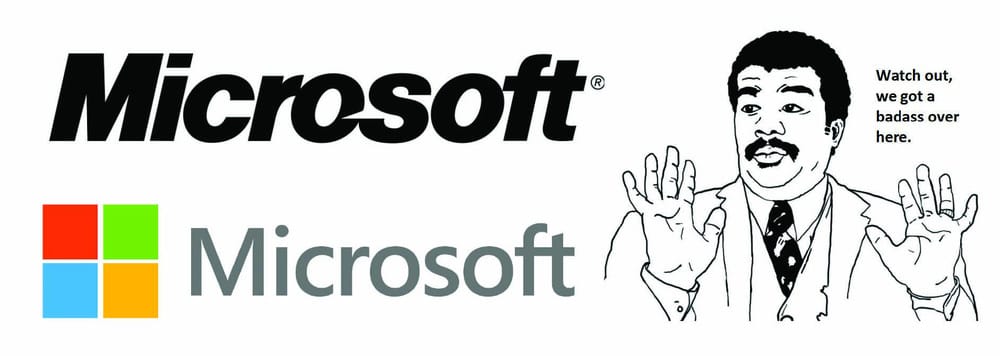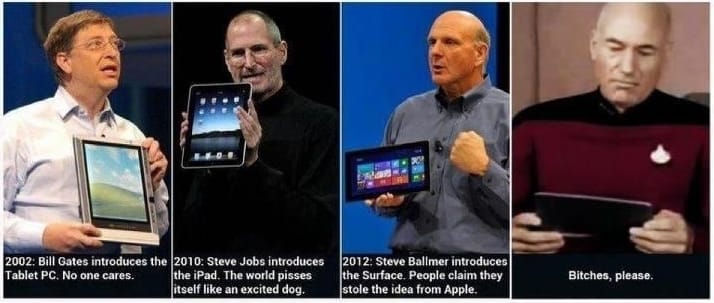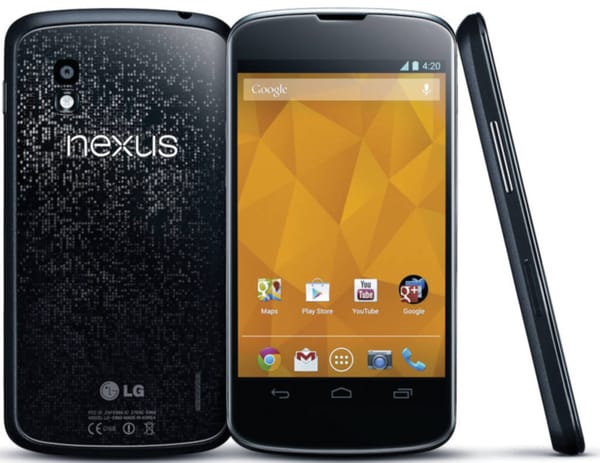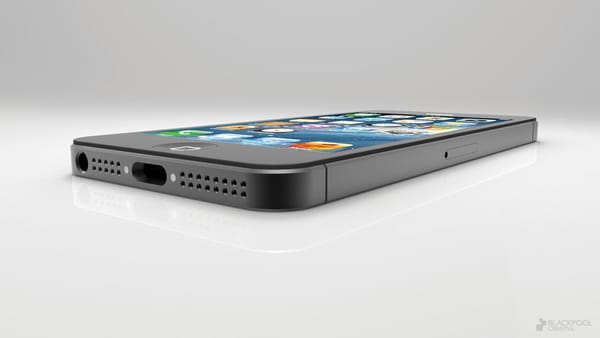Microsoft going hard?
Jason Parmar looks at Microsoft’s new philosophy: go hard and soft

It’s not unfair to call Microsoft a reactive company, i.e. they follow trends and build on others innovations, it’s in their history.
Excel was an improved spreadsheet of existing VisiCalc, Word was an improved word processor of existing MicroPro and Internet Explorer was an improved web browser of existing NCSA Mosaic. Even Microsoft’s first big commercial success in the mass market, MS-DOS was built on, like Apple, the investment in GUI that Xerox developed.
Microsoft have continued to be reactive to this day and have a reputation for successfully recognising growth markets, acquiring firms and developing products more successful than many of their competitors (with a few exceptions).
Xbox 360, for example, announced they’ve shipped over 70 million units in October 2012, not bad for a company who only entered the console market in 2001.
Over the last 30 years Microsoft have well and truly demonstrated that there’s nothing wrong with being a reactive or a “following” company, as long as you do it well. Their reactive strategies have earned them the honour to be one of very few companies in the world to have over a billion users worldwide and is why they still are one of the top 10 companies in the world.
So why are they so interesting now? What’s changed?
Well, we are currently seeing the most radical change in the Redmond based company’s history. They’ve fundamentally changed what they companies message to world is, released radical new products and have meticulously integrated all their services, all within the last 12 months.
And the reason? Well it has something to do with the fact that Microsoft are reacting to what they believe is a fundamental shift in the market and computing demands.
The world has moved on from Bill Gates’ famous BHAG to have “a computer on every desk and in every home”. That goal has mostly been achievedin the western world today, and technology, never standing still, appears to be inching ever closer to the “post-PC era”. Just this month it was announced that worldwide PC sales were down 5% compared with year and most believe that the downward trend will continue at an increasingly rapid pace.
we are currently seeing the most radical change in the Redmond based company’s history
But it’s not like Microsoft never prepared for the death ofthe PC. In 2002 Bill Gates released the tablet PC thinking it would change the world and be the future, but it failed spectacularly. There’s lots of cited reasons for the failure, e.g. primitive software, but the real reason is that Microsoft just isn’t like their Cupertino rivals Apple, they’re not a proactive company, they’re reactive.
Microsoft therefore needed someone else to create a new growth market, a market they could build upon for the future success of their company. So in steps the world’s best marketer and innovator, Apple CEO, Steve Jobs. In 2010 he released the iPad and claimed it would “change the world”.
the world went into a frenzy for the product, growing the tablet market by 250%
Change the world it did, the world went into a frenzy for the product, growing the tablet market by 250% in 2011 and increasing current sales projections to 165.9m this year alone.

It’s this market demand that kicked Microsoft the most and it’s the one they have reacted to the strongest. But choosing to distinguish themselves from their wealthier rivals, they haven’t gone directly into the “tablet” market and have instead claimed they are creating their own innovative market, the “hybrid” market. Regardless if the two market are the same or different, Microsoft appear 100% sure that it will be the future for computing devices and have attacked all guns blazing.
And by all guns blazing, I basically mean Microsoft went HARD. Not only did they not even contemplate going home, but they literally went hard by releasing their first piece of real hardware.
In this last six months alone Microsoft released: new hardware hybrids with the Surface RT & Surface Pro, a radical new operating system with Windows 8, an increasingly popular and innovative mobile operating system with Windows Phone 8, a completely overhauled cloud and subscription based Office Suite with Office 365, a “seamlessly integrated” cloud based storage service with SkyDrive and to tie it all together they not only integrated the functions of all of their services but they completely rebranded the entire companies products and publicity material with new logos, websites and design templates.
they completely rebranded the entire companies products and publicity material with new logos, websites and design templates.
With a new Xbox 720 on the horizon and Microsoft’s Bing search grabbing market share off Google every day, it’s no wonder people are calling this Microsoft’s biggest change ever, they’re going hard.
But perhaps one of the most interesting emerging news topics about Microsoft going hard is their rumoured investment of $3bn into soon-to-be private Dell. It’s incredibly rare for Microsoft to tap into their $67bn cash reserve so chances are Microsoft are thinking seriously about going into hardware. This makes sense for Microsoft, as CEO Steve Ballmer repeatedly stated at the launch of the Microsoft Surface that they believed that success relied on the strength of hardware and software working together. So it’s possible that in the near future Microsoft may no longer just be a software company and may actually become, much like Apple, a “device company”, effectively going from Microsoft to ‘Microhardandsoft’.
So although Microsoft’s profits are down 4% on last year, it’s evident that they aren’t standing still. In keeping with their reactive follower history, Microsoft have gone all in for what they think is the future of computing. They’ve bet almost everything on the uptake oftheir new operating systems and the success of the tablet/hybrid market. It’s a bold move and only time will tell if they can successfully win over business and consumers.
a radical change was needed...they’ve stepped up and have gone hard.
But with the “post-PC era” drawing ever closer, a radical change was needed. I for one think Microsoft have reacted well, they’ve stepped up and have gone hard.
Too Long, Didn’t Read
Microsoft are going so hard that home is just a fictional concept. They’ve radically changed their fundamental strategy by mixing hardware with software across all platforms (phones, tablets/hybrids and desktops) and they’ve released bare new products including Windows 8, Windows Phone 8, Office 365 and Surface in the last 6 months.
Microsoft are going so hard that home is just a fictional concept, they’ve radically changed their fundamental strategy
They’re investing everything into the success of the hybrid market, their new software and their new hardware. This is all in the hope that consumers and business will continue to love them forever, or continue to grudgingly accept them.
So not only are they going hard from a “were releasing loads of new stuff” POV but their actually going hard into hardware with Surface, Xbox and a potential acquisition of Dell. If it all goes ahead maybe they’ll need to rebrand again, from Microsoft to MicroSoftThenHard (but perhaps that’s too much of a double entendre).









